As an influx of news comes out about Russia‘s potential influence on the U.S., many Americans may be curious to learn more about the country’s recent history. What has motivated Russia since the collapse of the Soviet Union, and what defines its president, Vladimir Putin?
In times of rapid breaking news and quickly shifting political positions, it can be helpful to take a step back and read something substantive for context. TIME asked experts from the Atlantic Council, the Wilson Center and other institutions to recommend books on Russia that would be accessible and illuminating for the general interest reader. Here are the volumes they suggested, covering everything from Kremlinology to the country’s cyber landscape.
Nothing Is True and Everything Is Possible: The Surreal Heart of the New Russia (2014)

By Peter Pomerantsev
Both Alina Polyakova, deputy director of the Atlantic Council’s Eurasia Center, and Michael McFaul, director of the Freeman Spogli Institute for International Studies at Stanford, recommend this cross-section of Russian society. “The book stands out because it manages to be entertaining and very accessible to a general reader while capturing a key moment of Putin’s Russia: the emergence and consolidation of the tools of state-sponsored propaganda,” says Polyakova.
All the Kremlin’s Men: Inside the Court of Vladimir Putin (2016)
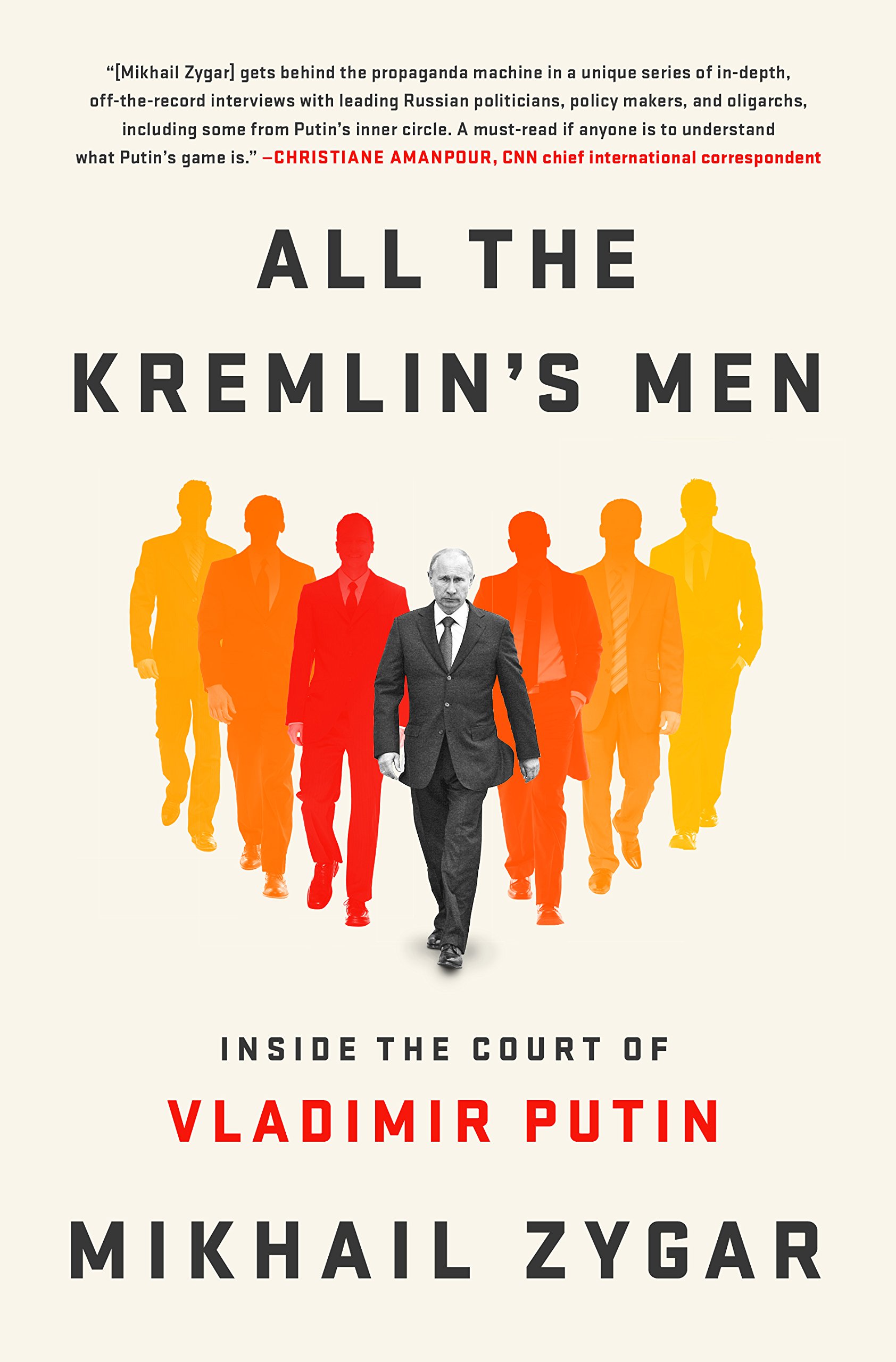
By Mikhail Zygar
McFaul and Anders Åslund, a senior fellow at the Atlantic Council, both recommend this book, with Åslund calling it an “excellent recent presentation of the people around Putin and how Russian policy is made,” though he notes “it downplays Putin’s importance too much.”
The New Tsar: The Rise and Reign of Vladimir Putin (2015)
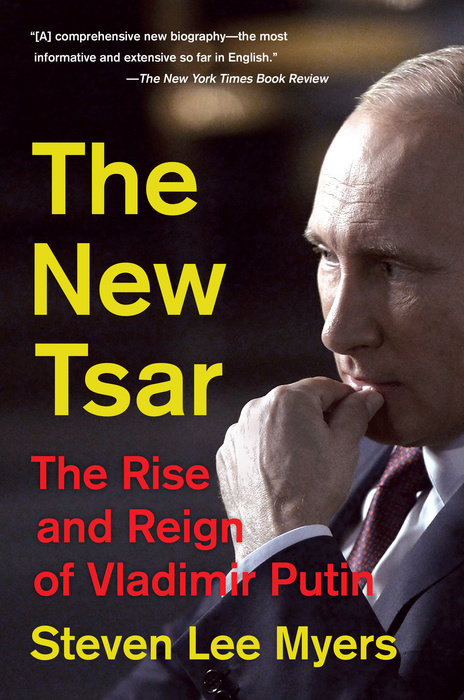
By Steven Lee Myers
Åslund, McFaul, and Sestanovich all recommend this account of the president’s ascent from a childhood of poverty, through his work for the KGB, to his powerful role at the center of the Kremlin. Åslund calls it “the best political biography of Putin.”
Fragile Empire: How Russia Fell In and Out of Love with Vladimir Putin (2013)
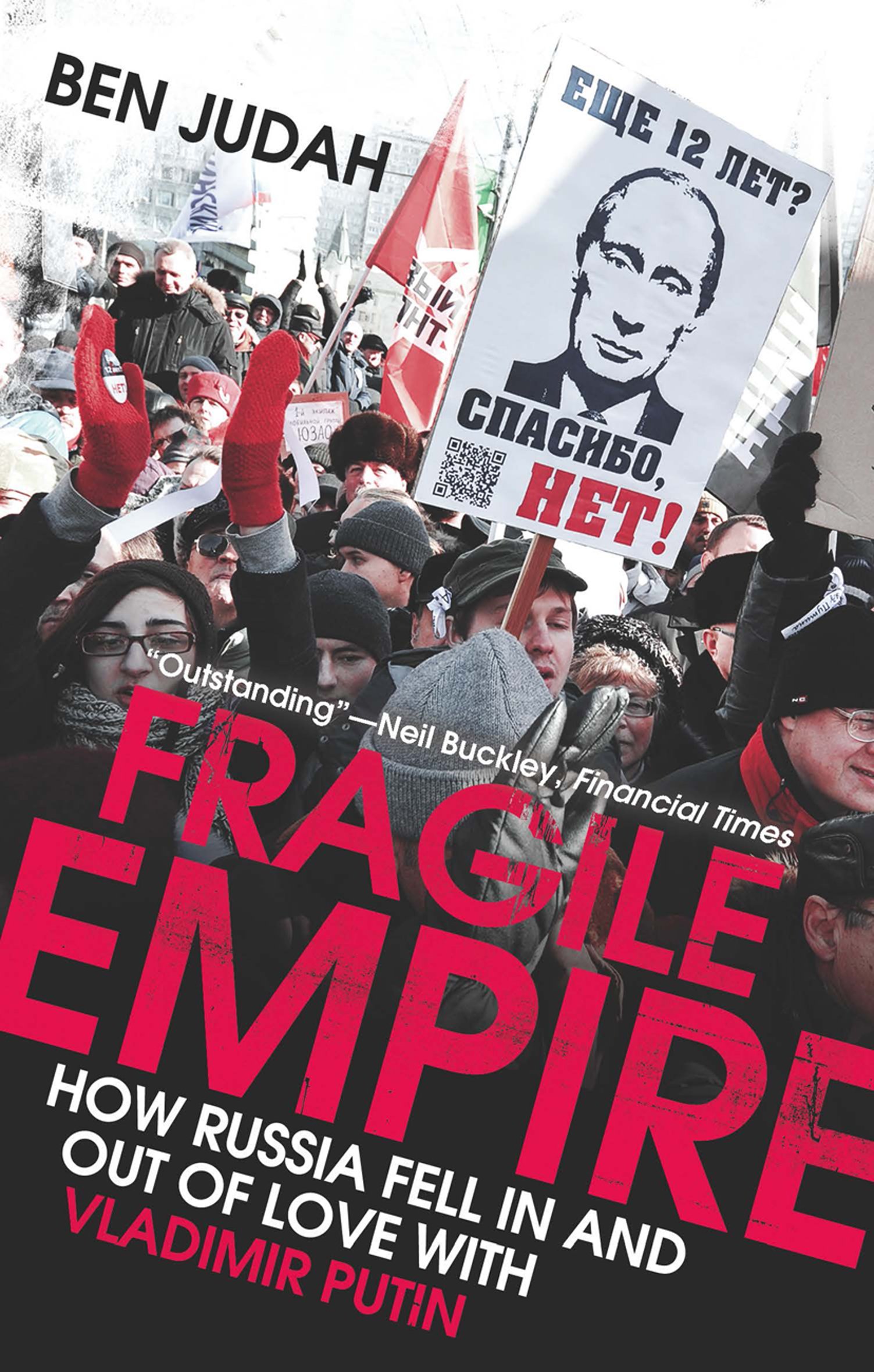
By Ben Judah
John Herbst, director of the Atlantic Council’s Dinu Patriciu Eurasia Center, recommends this different look at Putin’s regime, calling it “a good overall look at Russia” that is “easy to read and impressionistic.”
Black Wind, White Snow: The Rise of Russia’s New Nationalism (2016)
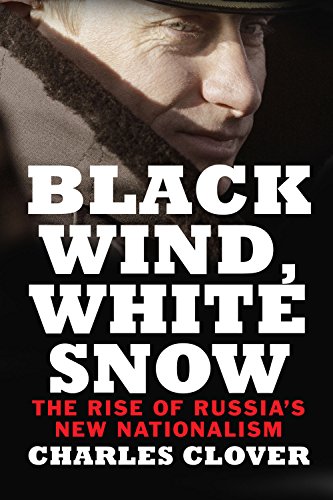
By Charles Clover
Åslund recommends this historical exploration of “Eurasianism,” a theory of Russian nationalism based on geography and ethnicity. Clover traces its roots from the White Russian exiles of the 1920s through today, including interviews with close advisers to Putin.
Wheel of Fortune: The Battle for Oil and Power in Russia (2012)
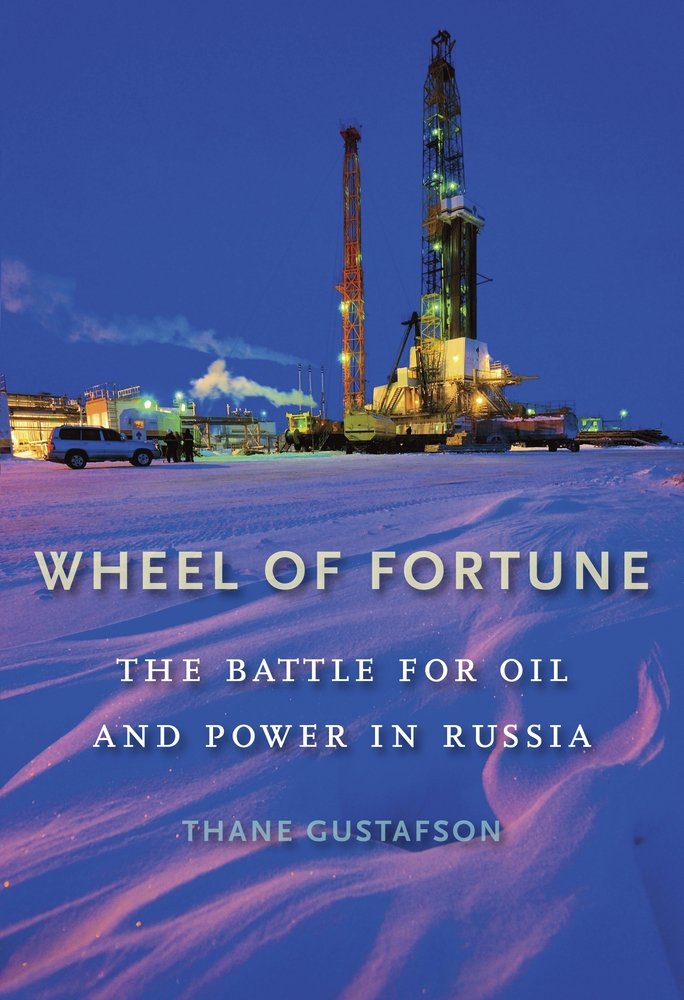
By Thane Gustafson
Åslund calls this volume “outstanding on Russian oil.” The book explores the massive market for Russian oil, as well as the country’s economic and political dependence on the industry.
The Red Web: The Struggle Between Russia’s Digital Dictators and the New Online Revolutionaries (2015)
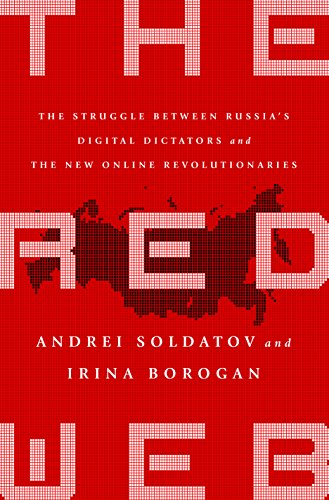
By Andrei Soldatov and Irina Borogan
Åslund calls this book “excellent on Russian cyber.” Through analysis of everything from hacking to digital surveillance, Soldatov and Borogan explain the potential for the Internet to either solidify or undermine totalitarianism in Russia.
Beyond Crimea: The New Russian Empire (2016)
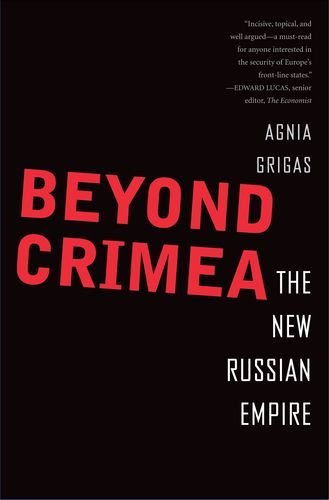
By Agnia Grigas
Herbst suggests this book for its “insight into the Kremlin’s effort to regain control in the post-Soviet space.”
Peter the Great: His Life and World (1980)
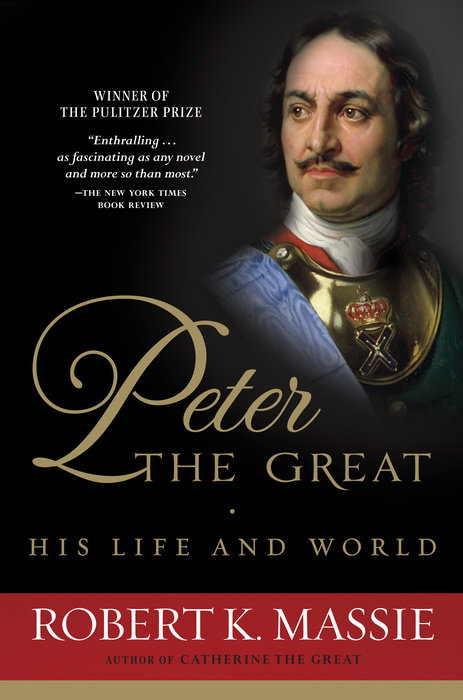
By Robert K. Massie
“I think in many ways reading some really foundational but still accessible and entertaining works of history and literature will teach Americans much more about Russia that’s relevant to today, than if they simply read the latest trade or scholarly book on Russian foreign policy or Putin,” says Matthew Rojansky, director of the Kennan Institute at the Woodrow Wilson Center. Case in point: this Pulitzer Prize-winning biography of “Russia’s most extraordinary autocrat, a man whose imprint is still felt on people, places and politics from the Far East to the heart of Europe, even three centuries after his death.”
More Must-Reads from TIME
- Donald Trump Is TIME's 2024 Person of the Year
- Why We Chose Trump as Person of the Year
- Is Intermittent Fasting Good or Bad for You?
- The 100 Must-Read Books of 2024
- The 20 Best Christmas TV Episodes
- Column: If Optimism Feels Ridiculous Now, Try Hope
- The Future of Climate Action Is Trade Policy
- Merle Bombardieri Is Helping People Make the Baby Decision
Contact us at letters@time.com